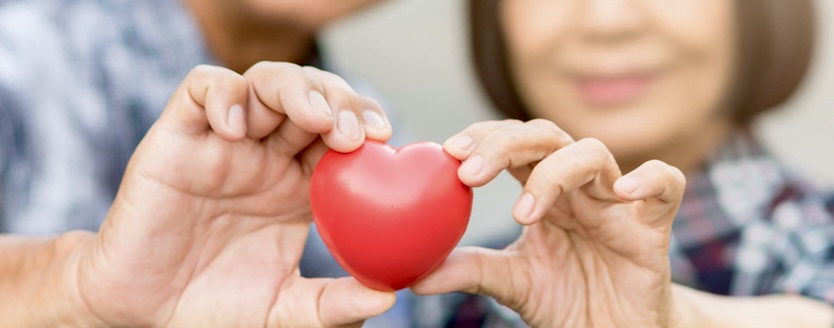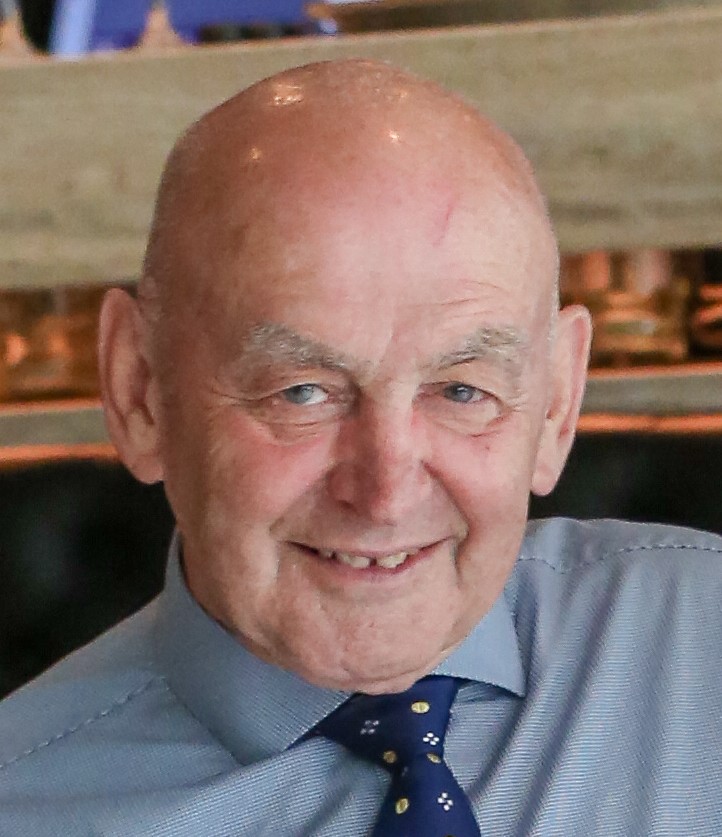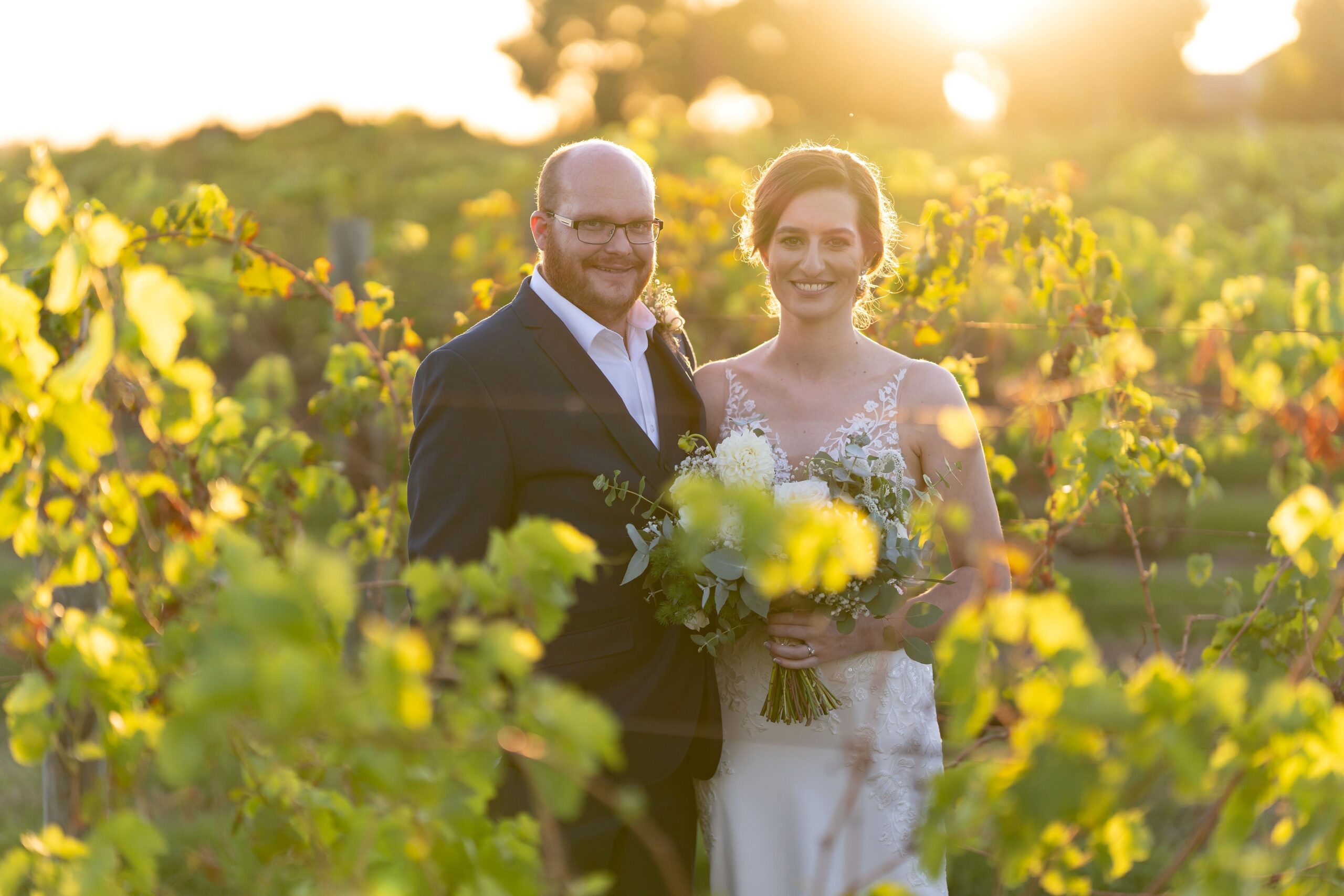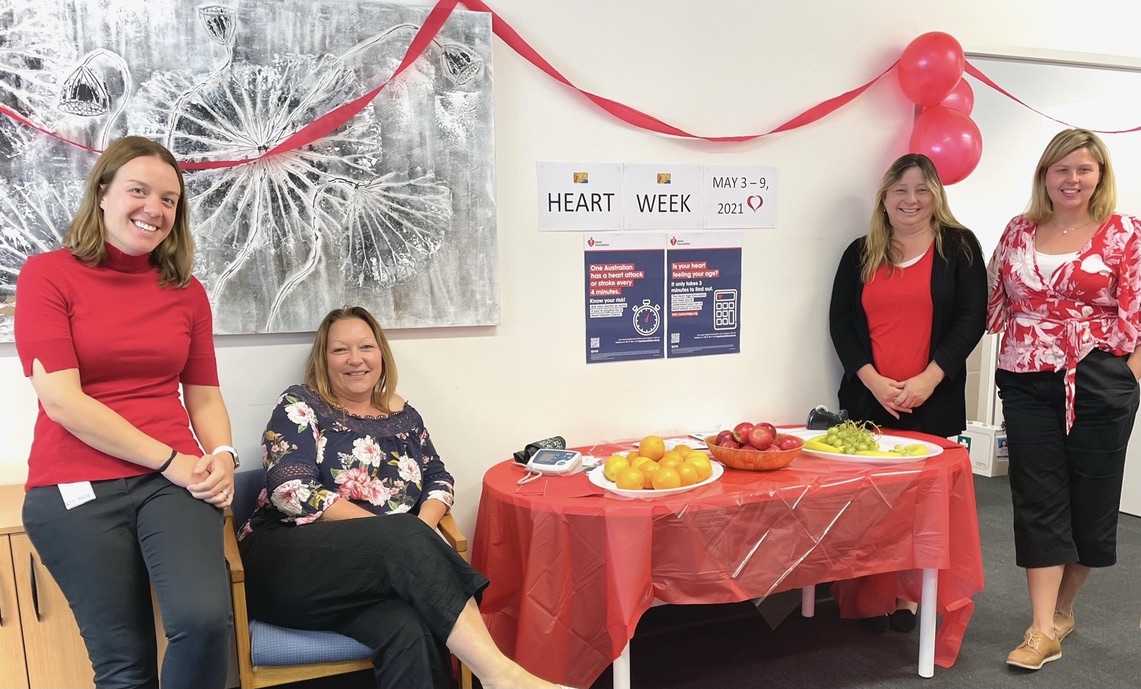
Maolin and Sue’s Story
About Maolin
I came to Australia in 1995 as a migrant. My English skill is very limited. Normally I take my mobile phone with me and rely on the translation app to communicate with others.
“…it’s extremely important to know about the early signs of heart diseases and make sure you get checked up regularly when you have any concerns.”
How did you find out you had coronary heart disease?
In 2016, my sister in Shanghai (China) told me that she had a heart attack and had stents put in, and warned me to get checked up because we have family history of heart disease. Even though I had no heart disease symptoms, I decided to follow her advice and did a stress test immediately. The results came back showing there were some blockages and the Doctor referred me to the St George Hospital for a coronary angiogram. I was told I had a blockage in five of my blood vessels, two of them were 100% blocked already. I had to have the bypass surgery as soon as possible. When I think back, I realised I probably did have some signs and symptoms of a heart problem. For example, I had irregular heartbeat, sweat, and toothache and so on.
What were the challenges you faced when you were at the hospital?
I found my whole experience in hospital for the surgery was great. I have a lot of respect and trust in the Australian medical system. Yes, there was some communication issues, but the doctors and nurses were extremely helpful and made the whole process seamless.
From memory, I was not offered CR program post hospital discharge at that time. Maybe it was not offered in Chinese language, so I didn’t know? If there is such program I would love to participate. I think it will help me understand more about my heart condition and make me feel more confident in managing my well-being in general.
How are you currently managing your heart disease?
I have been looking into various sorts of information about heart disease since my surgery, so I think I have managed it quite well by myself. I am on medications, I try to stay healthy, and my wife and I look after each other.
I was not offered any professional support since my surgery. I believe if there is anything like that it would be quite helpful. I also believe that regular check-ups on yearly basis and following dietary recommendations for patients like me are essential.
What advice would you give to anyone that has had a similar experience to you?
I think it’s extremely important to know about the early signs of heart diseases and make sure you get checked up regularly when you have any concerns.
About Sue (Maolin’s wife)
I came to Australia back in 1995 as a new migrant, at the age of 49. I was a Chinese teacher in China. My English skill is very limited especially in speaking. Although I am able to communicate with people in daily conversations but have difficulty in engaging with my GP or Specialist, particularly, when they use complicated medical terms. I have to rely on digital devices (mobile phone app) or family members to translate from English to Chinese when needed.
“I would really appreciate if I was given the opportunity to participate or engage in some workshops organised or be provided with apps that are developed by professional medical organisations, I think it will enable me to learn more about how to manage my heart health/health in general “
What is your cardiac condition and how are you managing it?
In 2016, my husband was diagnosed with blockages in five arteries and had to have a cardiac bypass surgery. For preventive purposes, I also requested to do heart check-up and they found one of my major blood vessels had 80% blockage and soon after, I had to have stents put in. The surgery went very smoothly, I was very impressed with how easy and fast it was done.
Prior to that, I had no symptoms at all, never experienced chest pain or anything like that. I think from this experience, I have learnt that the regular heart check-up is critical and can be lifesaving!
Were there any challenges you encountered when you were in hospital?
I found my whole experience in hospital for the surgery was great. I have a lot of respect and trust in the Australian medical system. Yes, there was some communication issues, but the doctors and nurses were extremely helpful and made the whole process seamless.
From memory, I was not offered CR program post hospital discharge at that time. Maybe it was not offered in Chinese language, so I didn’t know? If there is such program I would love to participate. I think it will help me understand more about my heart condition and make me feel more confident in managing my well-being in general.
How are you currently managing your heart disease?
I am currently managing my heart disease mainly by myself. I am on regular medications and try to maintain a healthy diet and lifestyle. I have hardly received any professional and medical support after leaving the hospital. But I think I am one of the lucky ones that is not experiencing many complications and can manage it by myself quite well.
I would really appreciate if I was given the opportunity to participate or engage in some workshops or be provided with apps that are organised/developed by professionals/medical organisations which enable me to learn more about how to manage my heart health/health in general. I am also very happy to learn new skills and am flexible in adapting new technologies in medical consultation (i.e., telehealth during COVID). Also, I think having access to professional information in Chinese (online or paper) about heart health would be great.
What advice would you give to anyone that has had a similar experience as you?
- Sleep well
- Be happy and stay calm
- Do regular check-ups
- Remember prevention is more important than treatment



